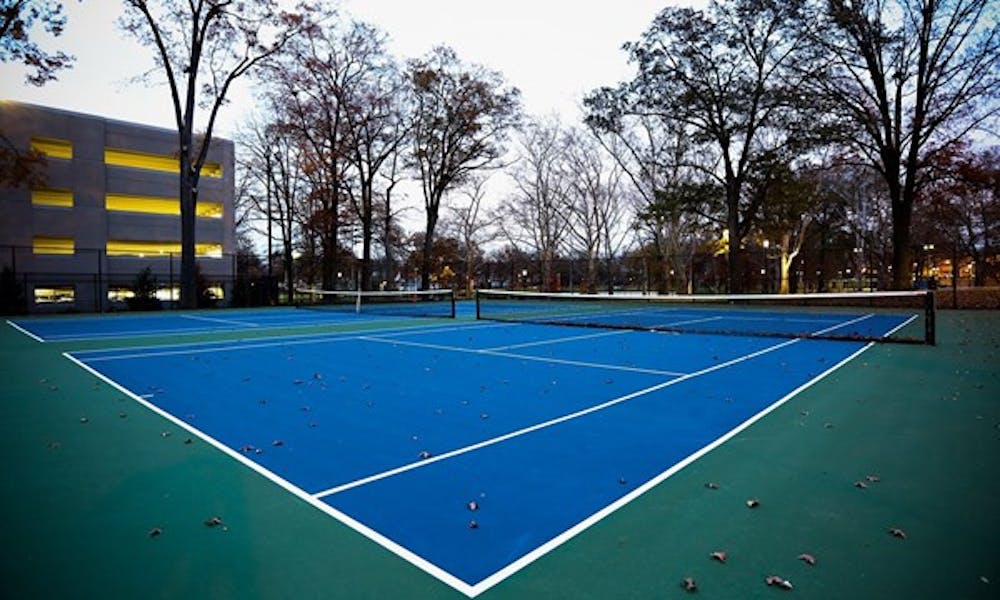The COVID-19 pandemic has impacted every walk of life in 2020. It has been more than six months since sports shut down in the United States, and college sports are still feeling the impact.
On Aug. 12, the Big East Conference announced the postponement of all 2020 fall sports with hopes to play in the spring. This means that for now, Seton Hall fall sports will have to deal with an elongated training period throughout the fall rather than facing real competition.
The huge responsibility of keeping players ready physically and mentally falls on coaches’ shoulders—a responsibility with which Seton Hall tennis coach Kevin McGlynn has kept up.
COVID-19 poses a threat to the training routine of a Division I program like Seton Hall tennis, but McGlynn and his staff have adjusted. After the team played in three invitational tournaments last fall, not having any competition this season is a drastic change.
The biggest obstacles are the mental hurdles the team must get through to have a productive fall.
“As much as we’re working hard, we’re challenged by the fact that there’s nothing we’re physically preparing for right now,” McGlynn said. “The team plays in singles and doubles matches against themselves on Saturdays, but it’s still different from true competition.”

However, physical training remains mostly the same.
“Honestly, I don’t really know if we’ve made a whole lot of changes,” McGlynn added. “The main difference is that we don’t have any competition, but also, our preparation isn’t as focused on what’s happening each weekend, but just in a general way, using this time in the fall to prepare for what we hope is a competitive season in the spring.”
The team is still on the court six days a week and in the gym for two, so not much of the physical preparation has changed besides not competing on three or four weekends in the fall season.
Even though COVID-19 has had some negative impacts, it is a blessing in disguise for some. Take senior Anastasia Gorbacheva, for example. The transfer from the University of Nevada has been battling a hip injury this fall, but because of the lack of competition, the coaching staff has no issue taking her recovery slow.

“We’re also able to be more thoughtful in ways our players can improve,” McGlynn said. “We’re not having to try and change something or add something to their game and then be tested two or three days later on the court.”
This more focused approach to coaching during an empty season allows for players to not rush their adjustments and hone their skills long before matches approach.
Despite COVID-19 significantly impacting the sports landscape, McGlynn and his staff have approached the new training regimen with a positive mindset despite the lack of competition.
Brendan Balsamo can be reached at brendan.balsamo@student.shu.edu. Find him on Twitter @BrenBal.





